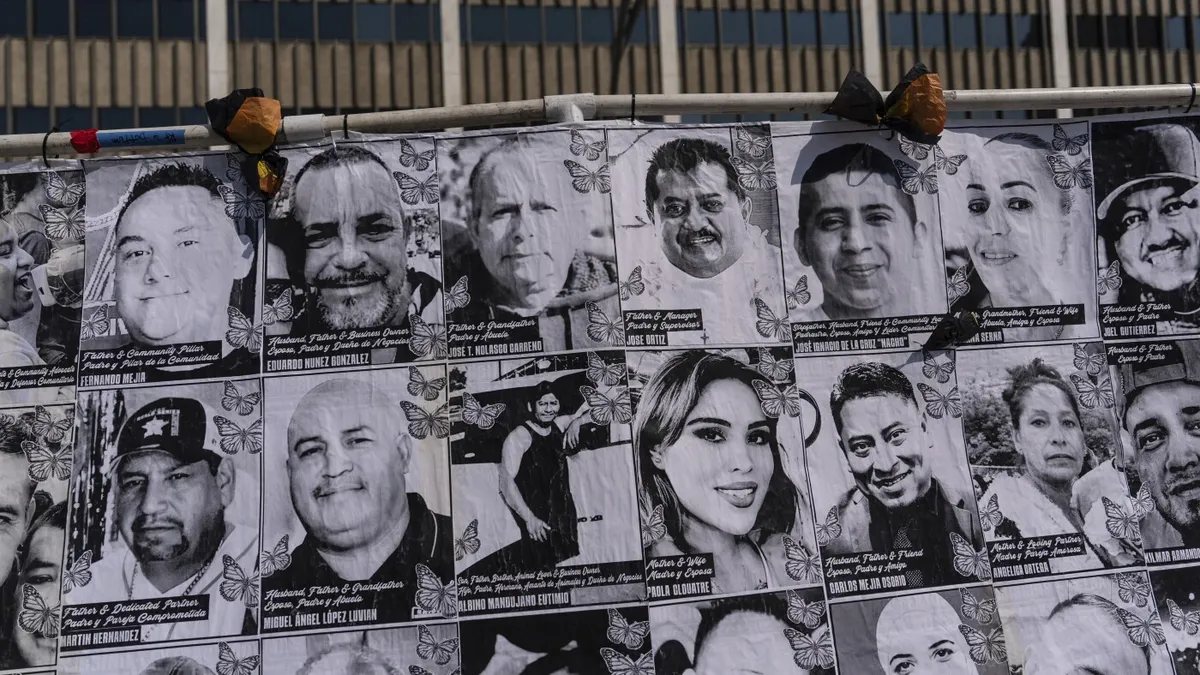
A federal judge made a significant ruling late Friday, stating that the Trump administration cannot deny funding to Boston, Chicago, Denver, Los Angeles, and 30 other cities and counties due to their policies that limit cooperation with federal immigration efforts. U.S. District Judge William Orrick, based in San Francisco, extended a preliminary injunction that prevents the administration from cutting off or conditioning the use of federal funds for these so-called sanctuary jurisdictions.
This ruling builds on Orrick’s earlier decision, which already protected more than a dozen other cities and counties, including prominent locations like San Francisco, Portland, and Seattle. An email sent to the White House seeking comment on the ruling was not immediately acknowledged.
In his recent ruling, Judge Orrick noted that the Trump administration had put forth no concrete opposition to the extended injunction, other than claiming the initial injunction was erroneous. The administration has already filed an appeal against the first order. Additionally, Orrick prohibited the administration from enforcing immigration-related conditions on two specific federal grant programs.
The Trump administration has intensified its efforts against sanctuary communities as part of a broader agenda to fulfill President Donald Trump's campaign promise to remove millions of undocumented immigrants from the United States. One of the executive orders issued by Trump instructs Attorney General Pam Bondi and Homeland Security Secretary Kristi Noem to withhold federal funds from sanctuary jurisdictions. Another directive calls on every federal agency to ensure that payments to state and local governments do not support these policies, which aim to protect unauthorized immigrants from deportation.
The cities and counties involved in this legal battle argue that billions of dollars in federal funding are at stake due to these policies. Judge Orrick, who was appointed by President Barack Obama, characterized the executive orders and related actions as an unconstitutional coercive threat against local governments.
In May, the Department of Homeland Security released a list identifying over 500 sanctuary jurisdictions, indicating that each would receive formal notification about their noncompliance with federal immigration laws. The department also stated it would inform these locations if they were suspected of violating any federal criminal statutes. However, this list was subsequently removed from the department’s website after critics pointed out that it included localities that actively supported the administration's stringent immigration policies.
The Justice Department has initiated lawsuits against cities such as New York and Los Angeles over their sanctuary policies. While there is no strict legal definition for sanctuary cities, the term generally refers to jurisdictions that limit their cooperation with Immigration and Customs Enforcement (ICE). ICE is responsible for enforcing immigration laws across the nation but relies on state and local authorities to identify immigrants who are subject to deportation and to detain them for federal officers.